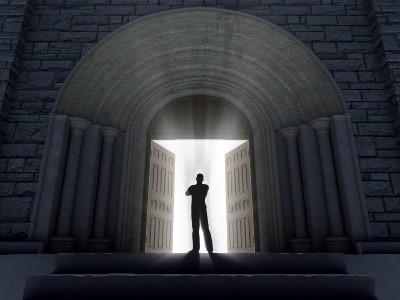An expert witness takes the stand.
She answers a series of questions about her qualifications.
The judge qualifies her as an expert.
On direct, she spews forth a litany of opinions that just don’t make sense.
The farther out on the limb she goes, the more you get ready for the kill.
Your cross examination is well crafted.
The witness has to back pedal on a lot of the spewed-forth opinions.
You give that knowing look to the jury as you sit down.
You know you have marred her credibility.
When you interview the jurors after the trial, they all say glowing things about her knowledge and expertise.
Here is what you didn’t know—
In a recent controlled study, subjects rated the credibility of an expert and the quality of information given under two experimental conditions—with a “gatekeeper” and without one. In the Gatekeeper condition, a judge qualified the expert as an expert to the subjects. In the other condition, the expert introduced themselves. What the judge said about the expert was the same script as the self-introduction. The information the subjects got from the expert was exactly the same in both conditions.
The subjects were much less skeptical of the source and the quality of the information when the gatekeeper gave it his/her “blessing.” So, in the context of a trial the same information was more persuasive/believable/credible than it was when it was not preceded by a gatekeeper’s blessing. Subjects in the study, when interviewed later, generally held the opinion that judges somehow review or analyze expert opinions prior to trial and that the judge only lets in opinions that are valid and credible.
What does this mean for you in trial? Several things:
- Unless you are pretty sure you can have an expert disqualified, then fighting their qualifications and still having the judge qualify them might make the expert even more credible to the jurors (you knew this one);
- Any fight you might want to engage in might be better for a pre-trial hearing or at least out of the presence of the jury before the expert is allowed to testify. When I testified as an expert once, the voir dire was done outside the presence of the jury at the start of the day and I thought it was an effective tactic for the other side because the jury really did not hear me defend my credentials or the opinions I would offer.
- Have an expert on your side;
- Examine the expert on who they think reviewed their report prior to trial—the attorney who hired them? The client? You? The Judge?
- Ask for jury instructions that explain to the jury that the judge is not endorsing an expert or their opinion by qualifying them. This instruction could include specific language that says a judge does not review or scrutinize expert qualifications or opinions prior to letting them into evidence other than questions asked in trial.
- Think about weaving a brief explanation of the “Gatekeeper Effect” into your closing, like, “It is common to think that experts have been somehow screened before they come into court or that because the judge called them an ‘expert’ they have some kind of ‘blessing’ as extra-knowledgeable. But, you are allowed to judge their credibility just like . . . they still have to make sense . . . they still have to pass your test of what makes sense and what does not . . . “
The Gatekeeper Effect is real—either use it to your client’s benefit or figure out ways to minimize it.
Share This Story, Choose Your Platform!
Click below to add your email address to our mailing list and receive the latest Persuasion Tips right in your inbox!

